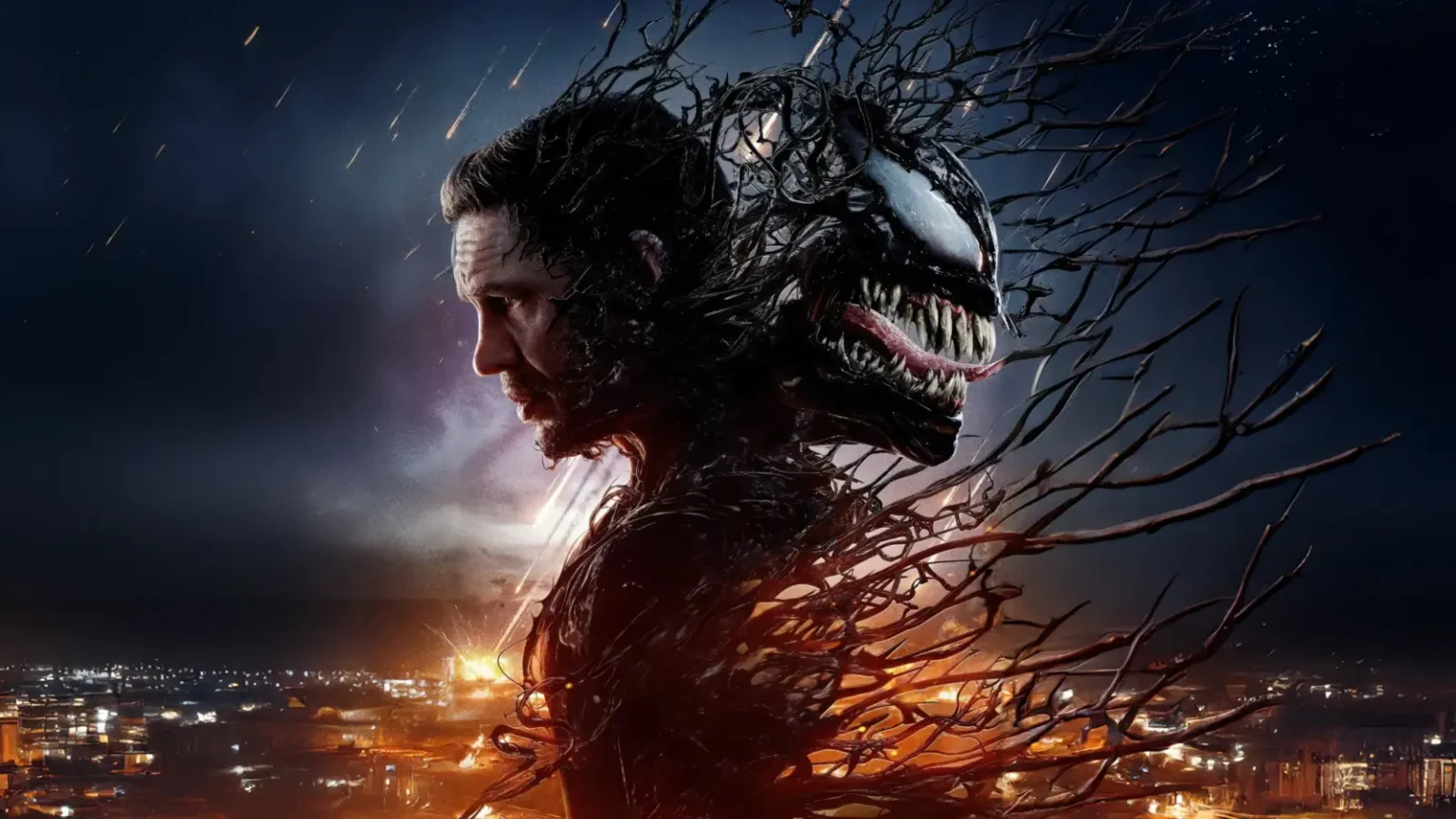The Venom franchise, spearheaded by the ever-chameleonic Tom Hardy, has always been a bit of an oddity in the superhero landscape. It’s a series that revels in its own absurdity, embracing a quirky, buddy-cop dynamic between an investigative journalist and a parasitic alien with a penchant for chocolate and carnage. But with Venom: The Last Dance, the symbiote’s swan song, the franchise seems to have lost its rhythm, delivering a finale that’s more fizzle than bang.
Venom: The Last Dance
The superhero genre is currently navigating a turbulent period. After years of box office domination, recent releases have stumbled, signaling a potential shift in audience appetite for costumed crusaders. Venom, which launched in 2018 with a surprising amount of success, always felt like a throwback to an earlier era of superhero cinema, a time when quippy one-liners and over-the-top action were enough to satisfy audiences. But in the current landscape, where superhero fatigue is a real concern, The Last Dance feels not just like a throwback, but a missed opportunity.
Director Kelly Marcel, who also takes on screenwriting duties, struggles to recapture the comedic spark that made the first film a hit. The dialogue feels surprisingly flat, lacking the witty banter that should be a hallmark of a film about a wisecracking alien symbiote. Hardy, as always, throws himself into the role of Eddie Brock with characteristic intensity, but even his charismatic performance can’t compensate for the script’s shortcomings.
The plot, while thankfully avoiding the bloated runtimes that plague many superhero films, is a convoluted mess. Eddie and Venom find themselves entangled in a web of intrigue, pursued by authorities, another symbiote, and a shadowy organization seeking a powerful artifact known as the “magic cortex.” Their path intersects with a bizarre cast of characters, including an alien-hunting family led by Rhys Ifans, the military under the command of Chiwetel Ejiofor, a group of scientists featuring Juno Temple, and a figure from Eddie’s past played by Stephen Graham. It’s a strange ensemble with a distinctly British feel, which feels oddly out of place in a film set in San Francisco.
One of the film’s most glaring weaknesses is its inability to balance its inherent silliness with genuine humor and compelling storytelling. Jokes fall flat, subplots lead nowhere, and the villain, who serves primarily as a setup for Sony’s upcoming Kraven the Hunter, remains woefully underdeveloped. While the brisk runtime is a welcome change from the superhero epics that often overstay their welcome, it also gives the film a choppy, almost unfinished feel, as if scenes were haphazardly stitched together in the editing room.
The ending, accompanied by a jarringly out-of-place Maroon 5 song, feels like a cop-out, a self-aware shrug that undermines any sense of emotional resonance or closure. It’s as if the filmmakers are acknowledging the film’s disposability, leaving us with a forgettable conclusion to a franchise that once held so much promise.




